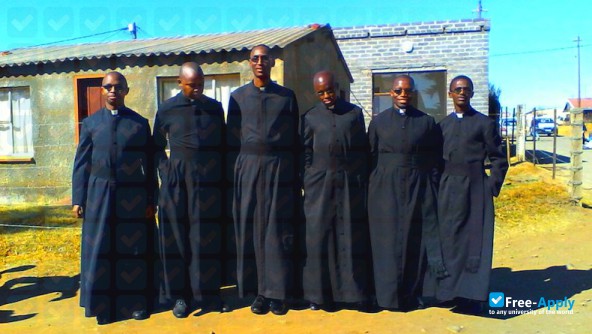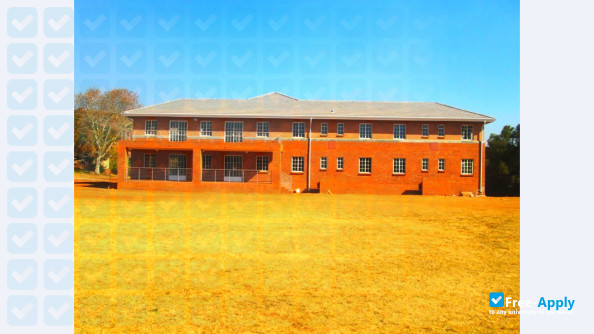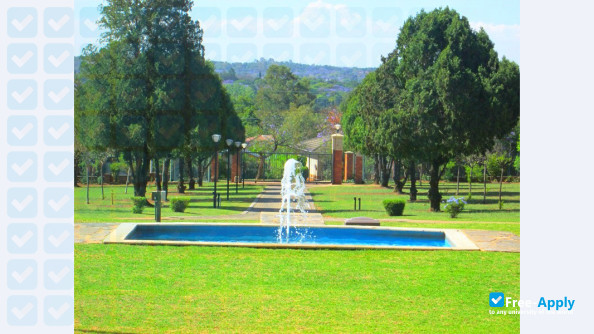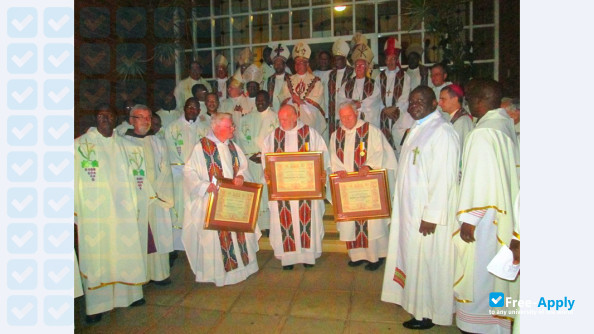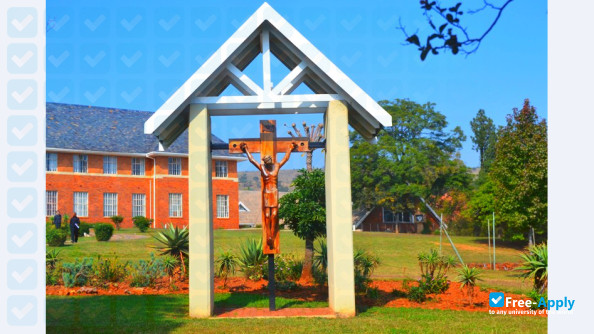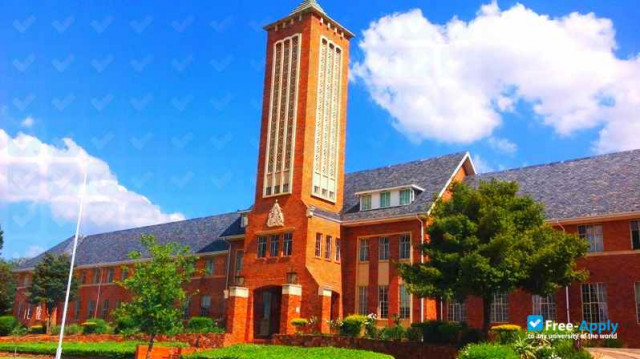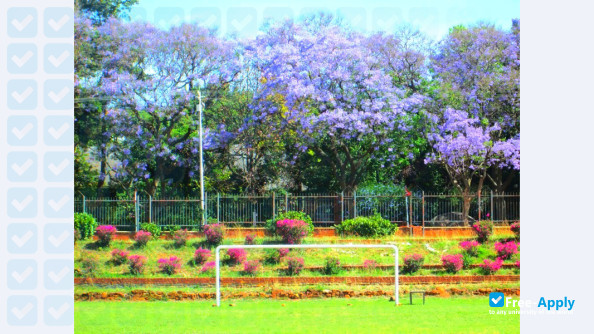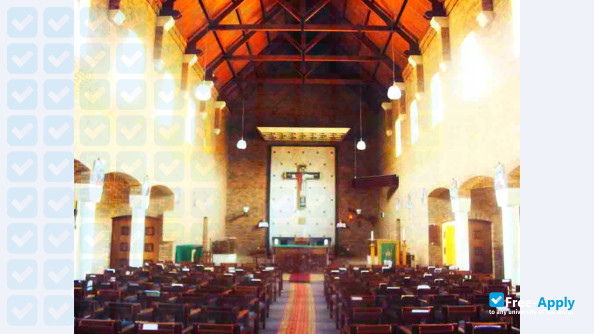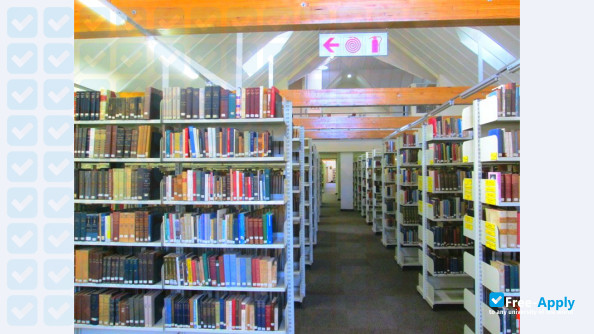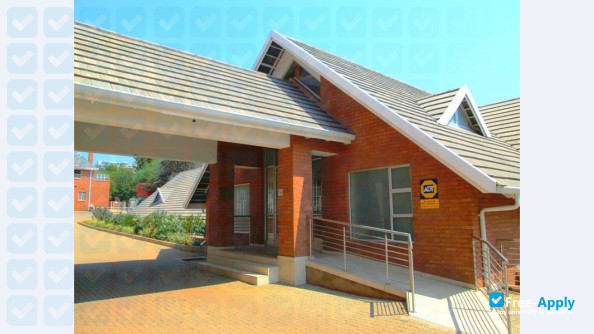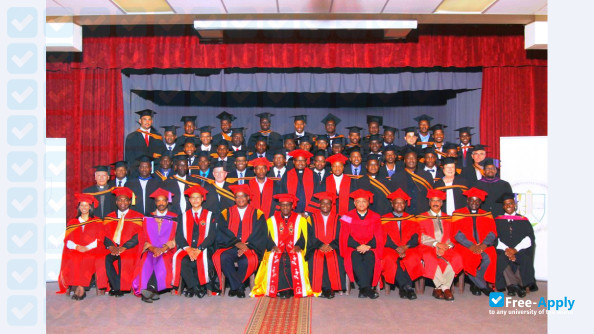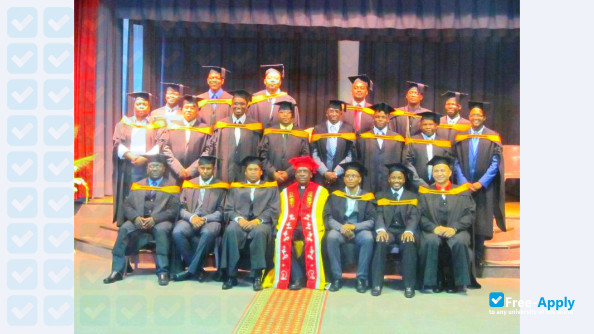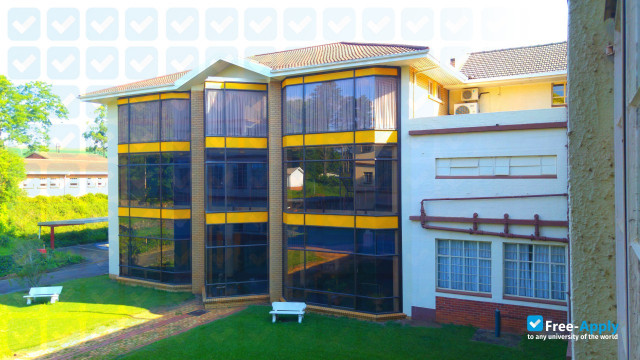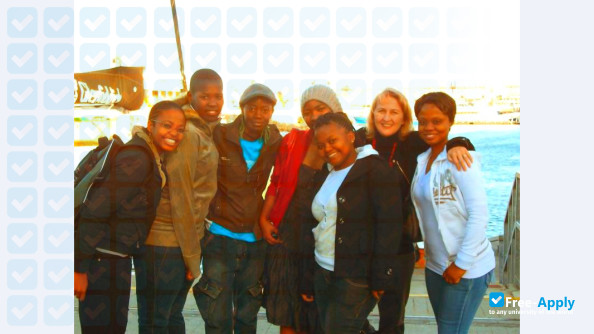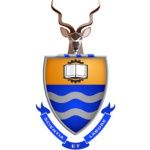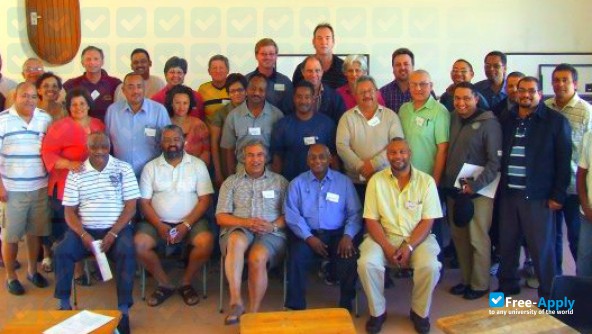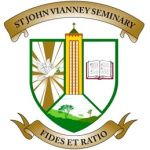
St. John Vianney Seminary
- Sudáfrica, Pretoria
- Founded in 1948
- ID 1071000054
Our services are free of charge. Free Apply does not in any way own, manage, operate or control this university.
About the university
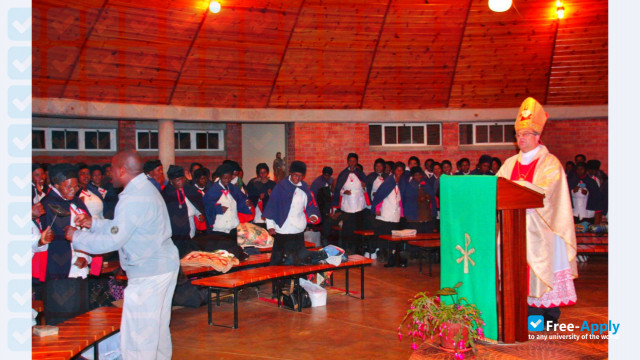
St. John Vianney Seminary NPC, is an institution of the Catholic Church in South Africa which provides for the education and training for ministers of the Catholic Church, in particular diocesan priests. It is an institution of the Southern African Catholic Bishops’ Conference (SACBC), overseen by that body’s Seminaries’ Commission, with Bishop Dabula Mpako, Bishop of Queenstown, as its current Chairman. St. John Vianney Seminary was founded in 1948 in Queenstown and moved to the current premises at the end of 1950. Until the end of 2007, the Conference’s formation program for its priests consisted in three phases, with three accompanying seminaries in different locations. Firstly, there is the Orientation Year, elsewhere called the propaedeutic year, in the Seminary of St. Kizito, where students live for one year. Secondly, there was the philosophy stage which was housed at St. Peter’s Seminary in Garsfontein, Pretoria. Lastly, there was St John Vianney Seminary, which catered for the theological education of students. At the end of 2007, the SACBC closed St. Peter’s Seminary and merged the philosophy and theology stages, housing it at St. John Vianney Seminary. Currently, therefore, there are two seminaries providing for training for priests, namely St. Kizito Seminary in Cape Town and St. John Vianney Seminary in Waterkloof, Pretoria. St John Vianney Seminary NPC, is both a training facility and a house of formation. As a training facility, it is registered with the Department of Education through the Council for Higher Education as a private provider of higher education, under the Higher Education Act, 1997 with the Registration Certificate Number 2000/HE08/007. Four qualifications are duly registered with the same authorities, namely the Bachelor of Arts (Philosophy), Bachelor of Theology, Bachelor of Ministry and Bachelor of Theology (Honours). Fourteen full-time and resident staff members, also known as formators, who are all priests in the Catholic Church, form the core of the teams of lecturers in three departments, namely the Philosophy, Theology and Pastoral Theology Departments. Other lecturers are associates or visiting lecturers who are employed full-time elsewhere, either with neighbouring academic institutions or within the Catholic Church in the region of Pretoria and Johannesburg. Lecturers with suitable qualifications are employed on this basis, regardless of their religious affiliation. The majority of students for the priesthood enter St. John Vianney Seminary mainly as first year Philosophy students after successful completion of the Orientation Year at St. Kizito Seminary. The latter institution admits students who have a minimum of 25 points on completion of their matriculation exams. Students first complete a minimum of two years Philosophy, a basic Church requirement. Others who qualify go on to do a third year of Philosophy. The theological and pastoral training lasts for a period of four and a half years. Upon successful completion of training in the Seminary and on approval of personal assessment according to provisions of church law, students present themselves to their church authorities, the bishops, for ordination and admittance to ministry. Students’ pastoral training consists in a four and a half year program in which they obtain and practice pastoral skills. Besides class work, students are placed locally according to ability and interest, in certain projects in order to practice pastoral skills. The limited local pastoral placement program, which includes student ministry at Tshwane University of Technology and Pretoria University, ministry at the Hospice and certain Catholic parishes for ministry to the sick and aged, catechism assistance, ministry to children without shelter, and prison ministry. Students who have completed their second year of Theology do a six-month Pastoral Internship period outside of the Seminary in the diocese for which they are students. This program is closely monitored and assessed. Thereafter they return to the Seminary for their final two years of study and formation.
Programas de educación
Culturología
Culturología
Bachelor of Culturology
Zulú
Lengua de las instrucciones
Tiempo completo
Modo de estudio
1571 US$
Tasa para estudiantes internacionales
1571 US$
Tasa para estudiantes nacionales
Filosofía
~ 1571 US$ / año
Filosofía
Bachelor of Philosophy
Zulú
Lengua de las instrucciones
Tiempo completo
Modo de estudio
1571 US$
Tasa para estudiantes internacionales
1571 US$
Tasa para estudiantes nacionales
How to apply to the university
Choose a program
Press “Apply now” button
Send an application form
Complete admissions tasks
Go to study
To apply to St. John Vianney Seminary follow these steps. To get more information about the university and the admissions process, you can use the live chat to contact a university representative.
Required documents for admission
When applying for admission to St. John Vianney Seminary in Sudáfrica you should prepare all required documents. Request a list of necessary documents directly from a university, as it may vary for different countries. Using our live chat, you can also ask for sample documents.
- Supervisor Agreement Form (PhD)
- Proof of fee payment
- Letters of reccomendation (MA, PhD)
- Application fee
- Online Application form
- Health and Life Insurance
- Diploma evalution (local authorities)
- Resume/CV (graduate, postgraduate)
- Experience certificate (MA, PhD)
- TOEFL Certificate
- Family Details
- IELTS Certificate
- Declaration for financial support
- Student visa
- Research proposal outline (MA, PhD)
- Passport
- Photographs
Why people choose this university
Contacts
St. John Vianney Seminary
0181, 179 Main Street, Waterkloof, Pretoria
Pretoria
Sudáfrica
Free Apply is not responsible for the content of this page. Through the Site, Free Apply provides an online catalog which you can use to find different types of educational institutions. It’s possible for a new university to be registered by any user, however only verified university representatives will be able to manage, reply in chat and make changes to a university page. Once the University registers its official representative, it has the right to block access for others to edit the information. Further control over the content will be carried out by the representative of the University. Registration with the Free-Apply.com catalog is free.
